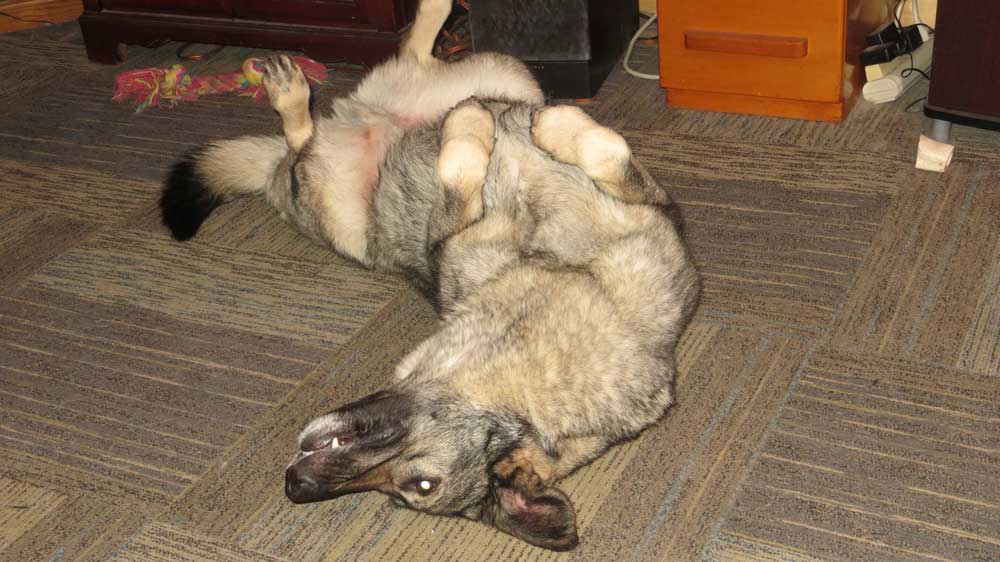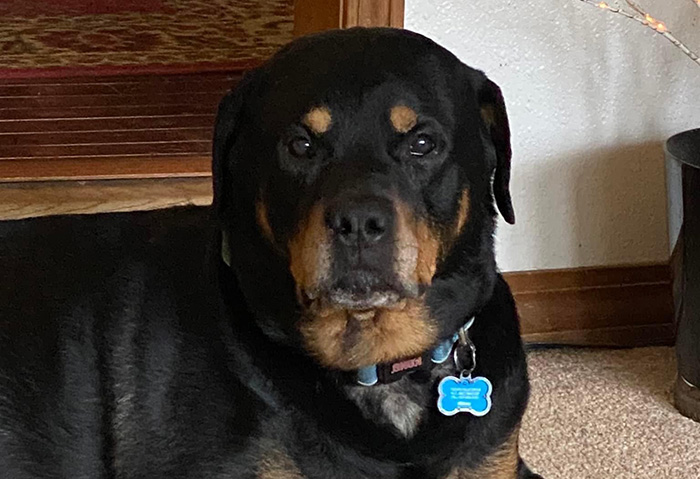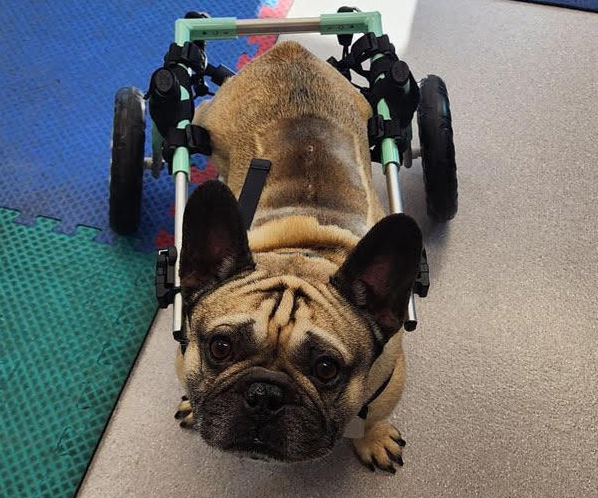Primary Veterinarian Availability
To maintain continuity of care and provide the best experience for the pet owner, it is expected that the primary veterinarian on the case be in the building for the duration of the surgery and available for a pre- and post-operative discussion with Dr. Serratore.
Fasting and Oral Medications
All pets should be fasted for the day of surgery. Unless otherwise specified, no food after midnight the night before, but water is ok. A very small treat can be given the morning of surgery if needed for pill administration. If there are questions about what medications can be given the morning of surgery, don’t hesitate to ask ahead of time.
Surgery Consent Form Signature
Upon drop off, every pet owner needs to sign the Surgery Consent Form. In some circumstances, it may need to be read to the owner over the phone and a verbal signature obtained. Surgery will not be performed without full completion of this form. Please provide a hard copy to Dr. Serratore upon arrival.
IV Catheter Placement and IV Fluid Administration
To improve surgery efficiency and reduce the risk of intra-operative hypotension, it is best for hospital staff to place an IV catheter and initiate maintenance IV fluids prior to the surgery team’s arrival. It is important that the pet is dropped off early enough to be able to complete all the above.
Hospital Staff Availability
We will need a hospital staff member to be available to draw up, and appropriately log, all surgery medications for the pet prior to our arrival. Our team will provide the medication list via email the night before surgery. Due to the variations in radiograph systems between clinics, we will also need a staff member available to assist with pre- and post-operative radiographs. Our team will help with positioning of the pet. Please be aware that if Dr. Serratore does not bring her own surgery and anesthesia technicians, staff will be needed to induce and monitor anesthesia, as well as scrub in and assist with surgery. It is the responsibility of the host hospital to plan accordingly.
OR Suite and Induction Area
A clean OR suite is essential to maximizing a positive outcome and reducing the risk of surgical infection. The OR suite should include a stable OR table completely covered with clean towels, 4 leashes for patient positioning, patient warming device (bair hugger, hotdog system, etc.), instrument table, empty garbage can, IV fluid pole or alternative place to hang IV fluids, method for hanging and scrubbing a limb, properly functioning anesthesia machine with appropriately sized bags and tubes, and full anesthetic monitoring equipment. A separate clean induction area is also needed including towels, garbage can, vacuum cleaner, endotracheal tubes, anesthesia machine with appropriately sized bags and tubes, and anesthetic monitoring equipment. We will leave the OR as clean as we can, but because our primary focus is on the pet and surgical equipment, it is the responsibility of the hospital staff to fully clean the OR suite after surgery. An empty sink will be needed for the initial cleaning of all surgical instrumentation used.
Post-Operative Care
Our team will help monitor the pet until extubation, after which the responsibility for continued care falls on the host hospital. Immediate post-operative care and discharge instructions will be discussed with the primary veterinarian after each case. All tissue samples taken in surgery will be passed off to the primary veterinarian for proper packaging and submission. We encourage direct communication between the primary veterinarian and Dr. Serratore with any subsequent post-operative concerns.




